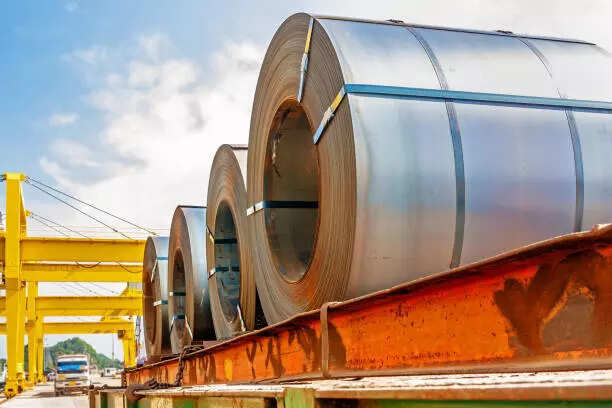
New Delhi: A day after the domestic medical device industry raised concerns over the BIS certification mandate on steel imports, the Steel Ministry has agreed to exempt the sector from the requirement for a select period, varying across different product categories.
A domestic manufacturers’ representative body, AiMeD had written a letter to the Ministry of Steel stating that the production of devices such as surgical blades, needles, and endoscope parts depends on imported stainless steel strips, and the BIS (Bureau of Indian Standards) certification mandate is restricting their imports, leading to “disruption” of pipeline and product supply chain.
In its letter the body had noted, for medical devices, a special grades of stainless strip is required to manufacture globally compliant and acceptable product, however, if we are unable to import the necessary stainless steel, their production-and thus their delivery commitments in the US, Europe, and India’s healthcare system-will be disrupted, the letter note.”
After meeting the ministry secretary, Rajiv Nath, Forum Coordinator, AiMeD, said, “We are very thankful to the government for being responsive and empathetic to our genuine concerns and for averting a potential supply chain and health care crisis.”
The body had sought exemption or a No Objection Certificate (NOC) for imports of stainless steel strip and capillary tube for making surgical blades, needle and endoscope parts.
While the ministry is yet to notify the revision, according to Nath for manufacturing surgical blades one year reprieve has been granted, while for overseas manufacturers have been granted an expansion of 6 months provided they source hot-rolled steel from BIS-registered downstream manufacturers.
For small volumes of low off-take capillary tubing cut lengths and stainless steel wire cut lengths, a NOC will be issued for imposters, based on recommendations by the Department of Pharmaceuticals, solely for manufacturing purpose and not for trading.
The Bureau of Indian Standards is the nodal goods quality certification body in India and oversees the quality of goods through standardization, certification and testing.
Currently the Steel Ministry has enforced a Quality Control Order (QCO) that prohibits the import of non-BIS-certified steel in the country.
Earlier this month at a NATHEALTH press conference, Himanshu Baid, MD, Poly Medicure had voiced that, “in Medtech steel is required for manufacturing implants, needles sourced from countries like Japan, Korea etc. but currently there is a QCO order on steel imports and many suppliers are refusing to export in India citing the additional layer of BIS certificate.”
“This order is overarching in the medical device industry and is causing huge disruption in the supply chain,” he added.
Baid also highlighted that, “today the same steel is allowed to be imported in finished product form; however, imports of the same steel as raw material are restricted.
Meanwhile, AiMeD, suggests that domestic strips lack suitable burrs on edges for consistent welding, have poor surface aesthetics, and do not meet dimensional standards, resulting in unacceptable welding inconsistencies and leakage.
Whereas, for medical devices the specific grade stainless steel is required to manufacture globally compliant and market acceptable products.






